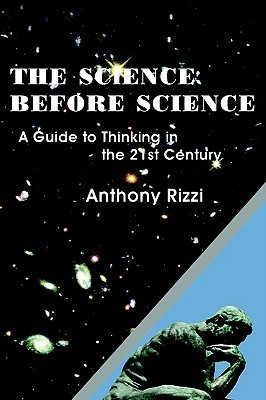What do you think?
Rate this book


412 pages, Paperback
First published January 1, 2004
Contemporary physics, too, puts an exact logical analysis of the notions furnished by experience at the foundations of all theory. It endeavours by such analysis not only to mark with precision the essential elements that compose each of these notions but also to meticulously eliminate all parasitic elements that mechanical hypotheses have gradually introduced."The Nobel Prize-winning quantum physics co-inventor Werner Heisenberg corroborates in his Physics and Philosophy (online for free here) what Duhem wrote. Heisenberg said that the probability wave concept in quantum mechanics "was a quantitative version of the concept of 'potentia' in Aristotelian philosophy" (p. 41) and that the "concept of the soul for instance in the philosophy of Thomas Aquinas was more natural and less forced than the Cartesian concept of 'res cogitans,' even if we are convinced that the laws of physics and chemistry are strictly valid in living organisms." (p. 80).
"Little by little, however, by the very effect of this development, mechanical hypotheses came up against obstacles on all sides which were more and more numerous and difficult to surmount. The atomic, Cartesian, and Newtonian systems gradually lost favour with physicists and made way for methods analogous to those advocated by Aristotle. Present-day physics is tending to return to a peripatetic form. (P. Duhem, Le mixte).
The aim of natural science is that which appears primarily in sense perception ... for the natural scientist does not seek to know the nature of a stone or of a horse except in order to know the reasons of those things which are perceived by sense. For it is clear that there cannot be a perfect judgment ... of natural science concerning natural things if sensible things are ignored.If String Theory ignores sensible things (is not experimentally verifiable), then how would that help us advance our knowledge of physical matter?